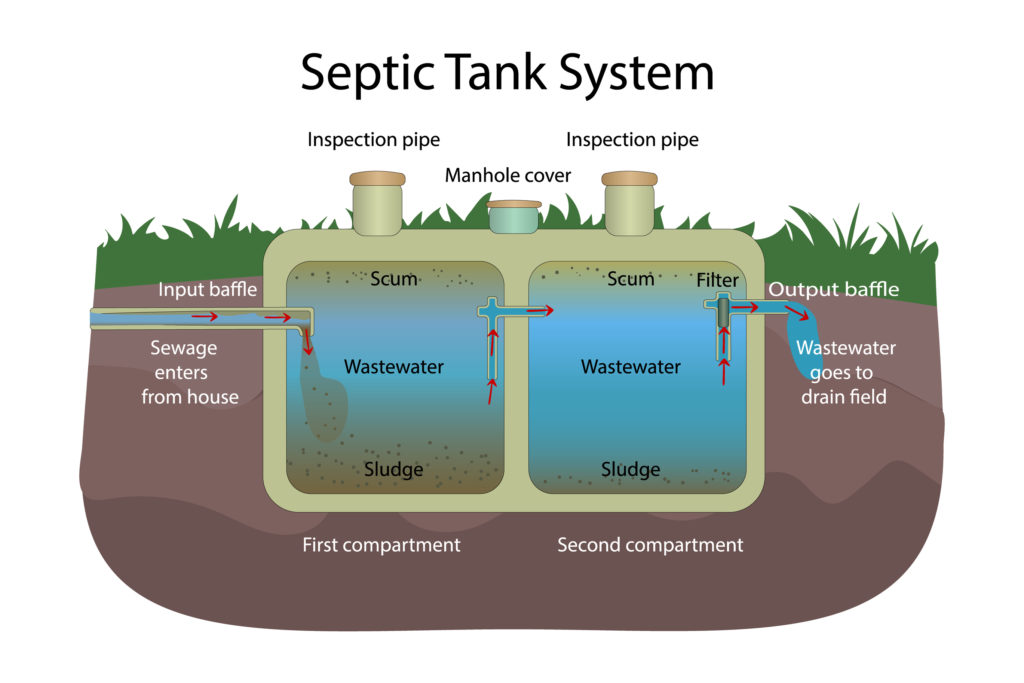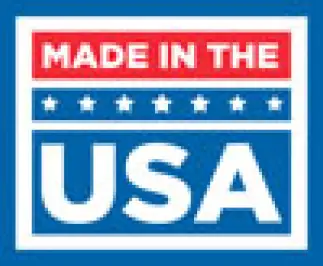There are many myths and concerns surrounding the effects of water softeners on septic systems. Do softeners create inefficient septic systems, or do they propose problems for wastewater? The following article will address these concerns.

Septic Systems
Most people don’t know what happens when their wastewater leaves their home. Typically, septic tanks have two distinct layers stacked on top of each other. The lower level is denser waste that can also be called sludge, while the top layer is less dense waste that is traditionally called scum. While in the septic tank the two layers are treated and decompose thanks to naturally occurring bacteria. Eventually, as more wastewater leaves the home and the septic tank fills, it discharges the treated waste into a drain field. That is the simple analysis of septic systems.
So, What’s the Concern?
Where the concern arises is between the bacteria and its relationship to softened water. Since softened water has low levels of sodium used to help soften the water when processed by the brine, people fear that overtime the sodium found in softened water will make bacteria less efficient at decomposing waste. Add that to the concern of overflow in the septic system due to brine discharges, people imagine the worst.
The Reality
Many universities and water researchers have tested the effects of water softeners on septic systems. Most of them agree that water softeners have no negative impact on septic systems, and some argue that efficient water softeners may actually be beneficial.
WQA Study
The Water Quality Association performed a study in 2012, investing nearly $100,000 into answering the question whether water softeners have any impact on septic systems. They discovered efficient water softeners help septic systems perform better because the amount of sodium and brine found in the water increased bacteria growth. However, they also noted inefficient water softeners, releasing too much salt or brine into the water when discharging, created inefficiencies in the septic systems.
The Implications
The WQA, who as mentioned previously was not alone in their analysis, verified that high-quality water softeners are beneficial to septic systems. If you considered getting a water softener in the past, but refused to because of septic system concerns, you can be at peace. Just make sure you purchase an efficient twin resin tank water softener. These units use a fraction of salt and water compared to a regular water softener.
Martin Water Conditioning
At Martin Water Conditioning we offer high-quality, efficient water softeners that won’t only help soften your water but improve your septic system as well. If interested, visit our site and request a free water test. We would love to serve you!





